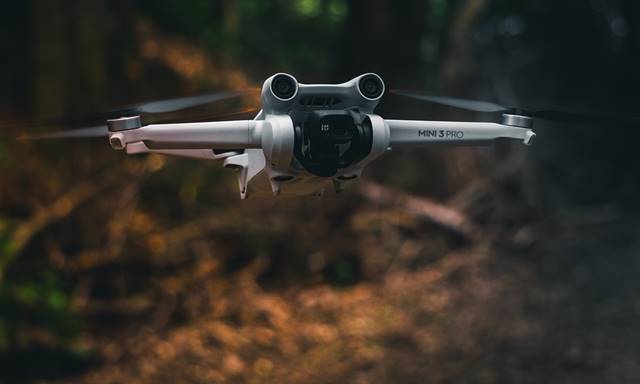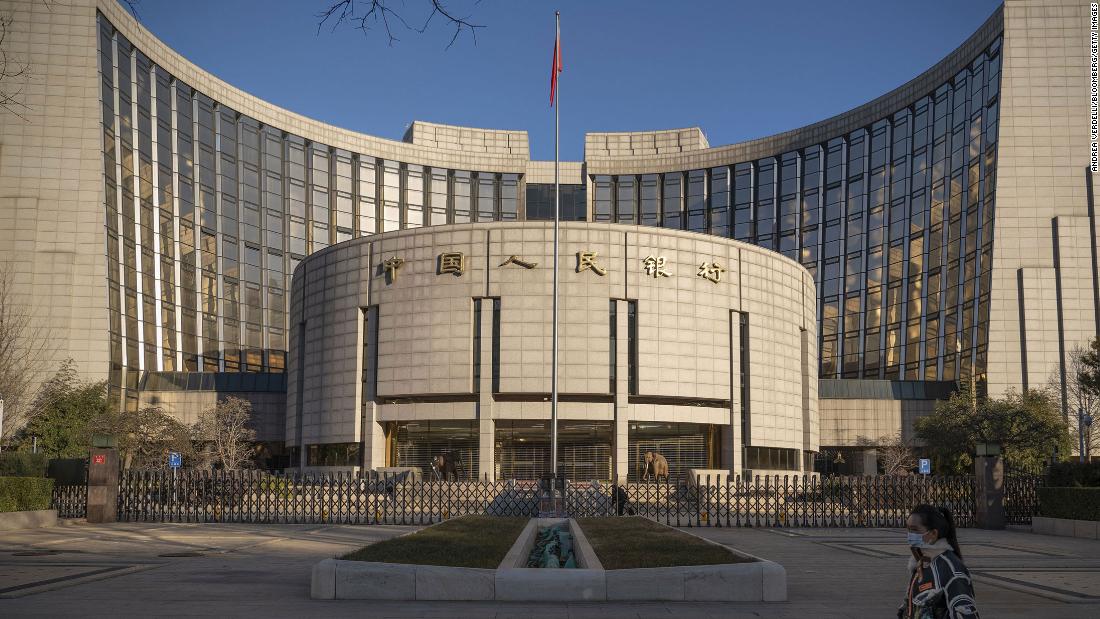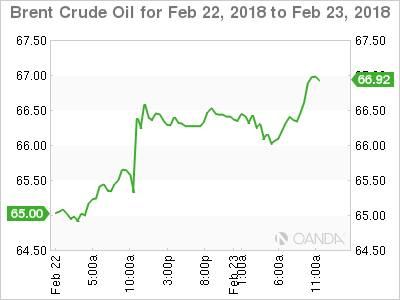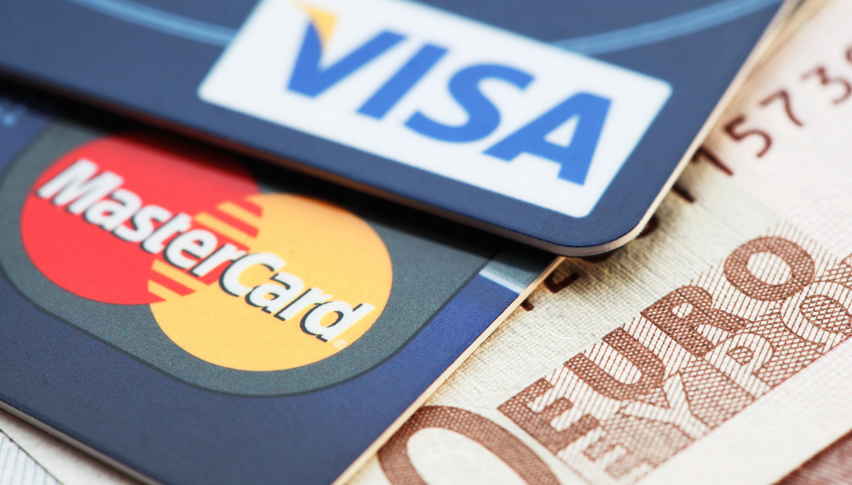Hold on to your hats, folks! DJI, the drone behemoth, just announced a potential share buyback plan proposed by none other than Chairman Zhang Xiaojun himself. We’re talking a cool 100 to 200 million yuan earmarked for repurchasing shares on the Shanghai Stock Exchange.

Let’s be real – this isn’t just some dry corporate formality. This is a statement. Zhang is putting his money where his mouth is, signaling confidence – or trying to signal confidence – in the company’s future. The proposed buyback price isn’t gonna break the bank, capped at 150% of the average trading price over the past 30 days. Still, it’s something.
Here’s the plan: the repurchased shares will either fuel future employee incentive programs – gotta keep the talent happy – or, get this, reduce the registered capital. That, my friends, could seriously optimize the capital structure and, theoretically, boost shareholder value. But let’s not drink the Kool-Aid just yet.
Understanding Share Buybacks: A Quick Primer
Share buybacks are when a company uses its cash to repurchase its own outstanding shares from the market. This reduces the number of shares available, which can increase earnings per share (EPS). Essentially, it’s a way to return value to shareholders.
Many companies initiate buybacks when they believe their stock is undervalued. It’s a signal that management thinks the market is being too pessimistic. However, buybacks can also be used to artificially inflate EPS, masking underlying issues.
In China, buybacks aren’t as commonplace as in the US. So, a large-scale proposal like this from a prominent player like DJI certainly grabs attention. It’s a calculated gamble, and we’ll be watching closely to see how it plays out.
Zhang is committed to pushing this through, promising to vote in favor at the board level. The timeline? Within 12 months of shareholder approval. Keep your eyes peeled, people – this could be interesting.






